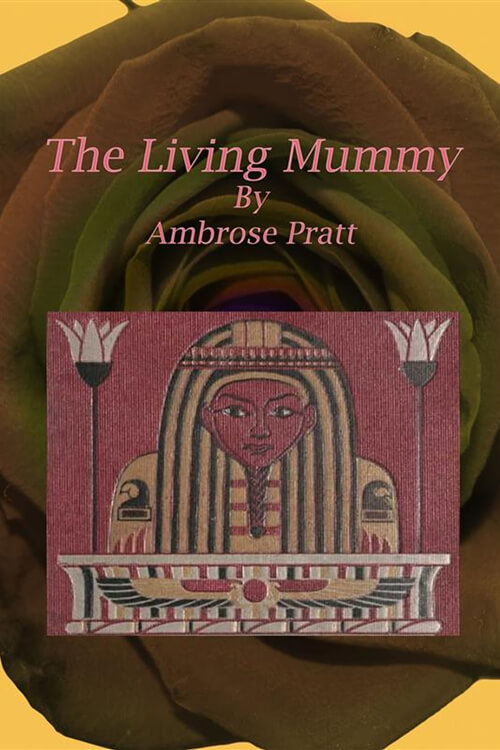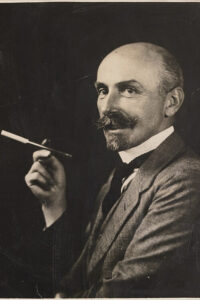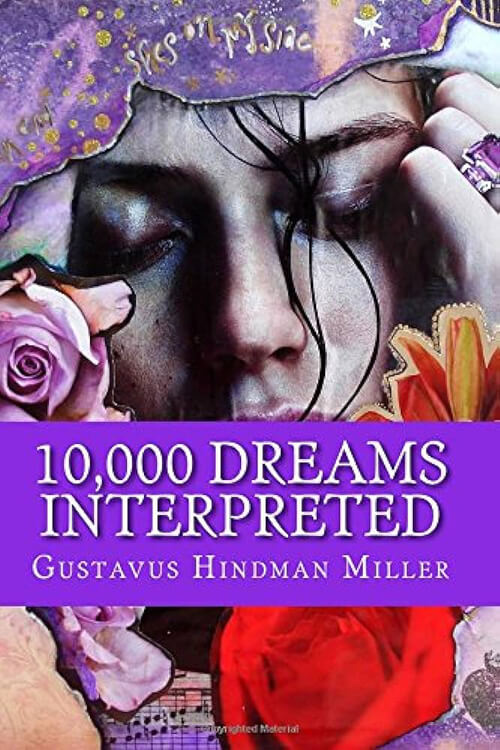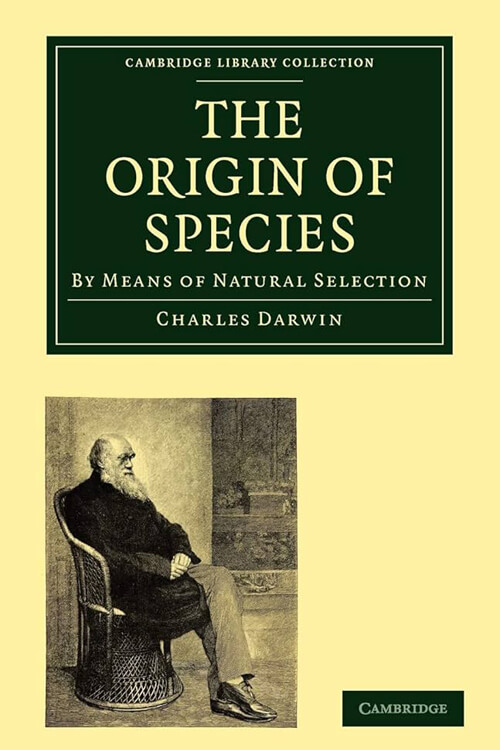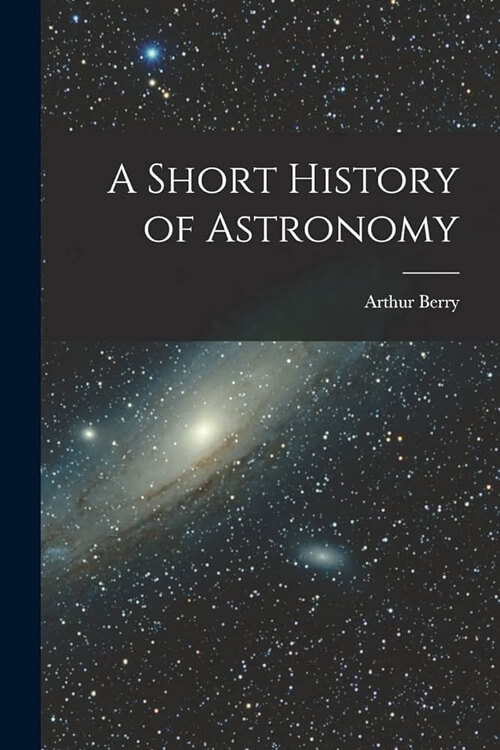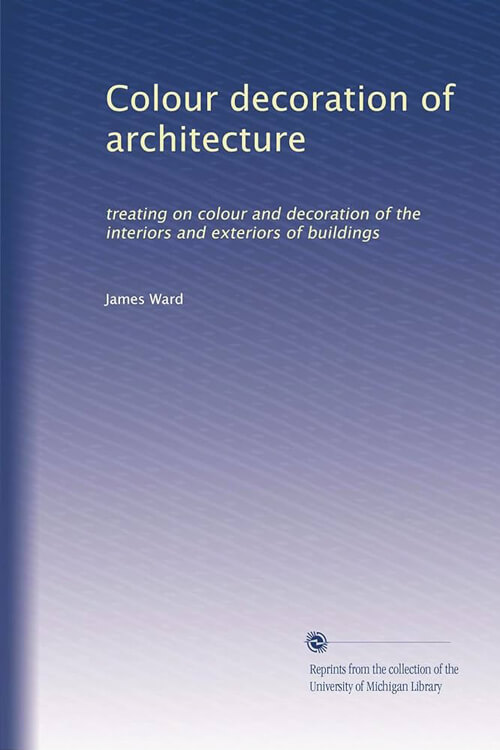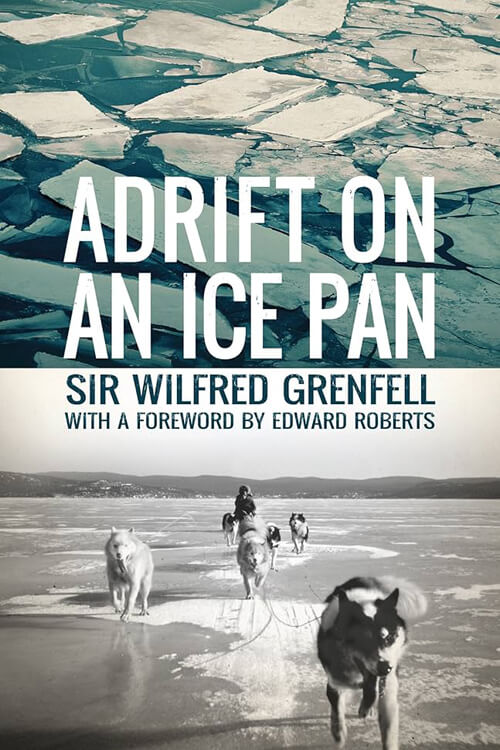
The Living Mummy
I was hard at work in my tent. I had almost completed translating the inscription of a small stele of Amenhotep III, dated B. C., 1382, which with my efforts I had discovered, and I was feeling wonderfully self-satisfied in consequence, when of a sudden I heard a great commotion without. Almost immediately the tent flap was lifted, and Migdal Abu’s black face appeared. He looked vastly excited for an Arab, and he rolled his eyes horribly. “What do you want?” I demanded irritably. “Did I not tell you I was not to be disturbed?”
He bent almost double. “Excellency—a white sheik has come riding on an ass, and with him a shameless female, also white.”
“The dickens!” I exclaimed for I had not seen a European for nine weeks.
Migdal Abu advanced with hand outstretched. “Excellency, he would have me give you this.”
I took “this,” and swore softly underbreath at the humourless pomposity of my unknown countryman. It was a pasteboard carte-de-visite. And we—in the heart of the Libyan desert!
With a laugh, I looked at the thing and read his name—”Sir Robert Ottley.”
“What!” I said, then sprang a-foot. Ottley the great Egyptologist. Ottley the famous explorer. Ottley was the eminent decipherer of cuneiform inscriptions. Ottley the millionaire whose prodigality in the cause of learning had in ten short years more than doubled the common stock of knowledge of the history of the Shepherd kings of the Nile. I had been longing since a lad to meet him, and now he had come unasked to see me out on the burning sands of Yatibiri.
Trembling with excitement, I caught up a jacket and hardly waiting to thrust my arms into the sleeves, rushed out of the tent.
Read or download Book
Ambrose Pratt
Ambrose Goddard Hesketh Pratt (31 August 1874 – 13 April 1944) was an Australian writer born into a cultivated family in Forbes, New South Wales.
Early life
Pratt was the third of seven children of Eustace Pratt, a well-connected physician fluent in Mandarin Chinese who had spent some time in India and China and was a friend of Henry Parkes and Edmund Barton. His grandfather Henry Pratt, also a medical man, had in his later years become obsessed with the Eastern religions and philosophies of India and Tibet. Ambrose himself was brought up by an amah and educated at St Ignatius’ College, Riverview, and Sydney Grammar School. He had private tutors for French, German, and the manly arts boxing, riding, fencing, and shooting. After abandoning studies in Medicine, he took up Law.
Writing career
Around the time of his university studies, Pratt began writing pro-labor (and anti-Asian immigration) articles for The Australian Worker. Once qualified as a solicitor, he rose to admission to the Supreme Court of New South Wales in 1897. But this life must not have suited him, as he left to follow a more adventurous existence, including work on a Pacific trading steamer and as a Queensland drover.
He traveled to England where he commenced writing novels and stories for magazines such as The Bulletin and The Lone Hand, and began what was to become a career in journalism with the Daily Mail which brought him back to Australia in 1905.
He joined The Age as a journalist in 1905, gaining considerable influence (David Syme was a mentor), and was a member of the party with Prime Minister Andrew Fisher visiting the newly founded Union of South Africa for the opening of its parliament. In 1918, as a prominent protectionist in the tariff debate then raging, became the founding editor and part-owner of the Australian Industrial and Mining Standard in 1927. He was involved in companies mining for tin in Malaya and Siam.
Pratt’s novels frequently focussed on criminal outsiders such as “The Push” (a Sydney larrikin element analogous to the “bodgies” of the 1950s, “rockers” of the 1960s and “bikies” of today), and bushrangers such as Captain Thunderbolt and Ben Hall.

